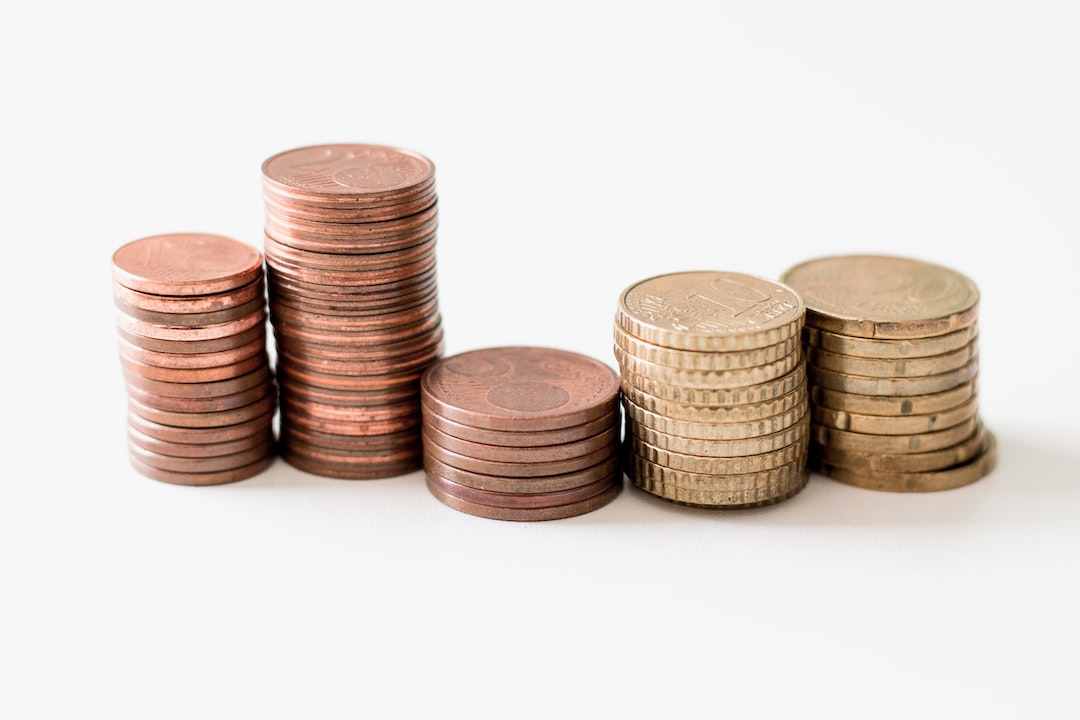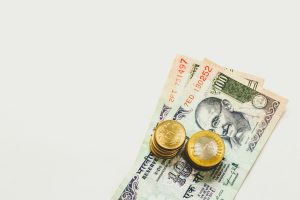Forex scandal is a term used to describe the revelation that a number of international banks were involved in manipulating the foreign exchange (forex) market. The scandal began in 2013 when financial regulators in the US, UK and Switzerland started investigating allegations of forex market manipulation. The investigations revealed that traders at several banks had colluded to manipulate benchmark forex rates in order to benefit their own positions and make profits at the expense of their clients and the wider market.
The forex market is the largest and most liquid financial market in the world, with an estimated daily trading volume of $5.1 trillion. It is an over-the-counter (OTC) market, meaning that trades are conducted directly between buyers and sellers, rather than through a centralized exchange. The forex market operates 24 hours a day, five days a week, and involves the buying and selling of currencies from around the world.
One of the key features of the forex market is the use of benchmark rates, which are used to price and settle forex transactions. These benchmark rates are set at specific times throughout the day, based on the average price of trades conducted during a specified period. The most widely used benchmark rates in the forex market are the WM/Reuters rates, which are calculated and published by Thomson Reuters and the World Markets Company (WM).
The forex scandal involved the manipulation of these benchmark rates by traders at several major banks, including Barclays, Citigroup, JPMorgan Chase, and UBS. The traders colluded to share information about their client orders and coordinate their trading activities in order to manipulate the benchmark rates in their favor. This allowed them to make profits by buying or selling currencies at artificially high or low prices, depending on their positions.
The forex scandal was a major blow to the reputation of the banking industry, and resulted in a number of high-profile fines and legal settlements. In May 2015, six banks, including Citigroup, JPMorgan Chase, and UBS, agreed to pay a total of $5.6 billion in fines to regulators in the US, UK and Switzerland over their role in the scandal. Barclays, which was found to have the most serious breaches, was fined $2.4 billion.
The scandal also led to a number of regulatory reforms aimed at improving transparency and accountability in the forex market. In the UK, the Financial Conduct Authority (FCA) introduced new rules in April 2015 requiring firms to record and store all forex trading communications for at least five years. The FCA also set up a new Code of Conduct for the forex market, which sets out best practice standards for market participants.
The forex scandal highlights the need for greater regulation and oversight in the financial industry. It also serves as a reminder that even the most sophisticated financial markets are vulnerable to manipulation and fraud. As investors and consumers, it is important to remain vigilant and informed about the risks and opportunities in the forex market, and to seek out reputable and trustworthy financial institutions and advisors.





